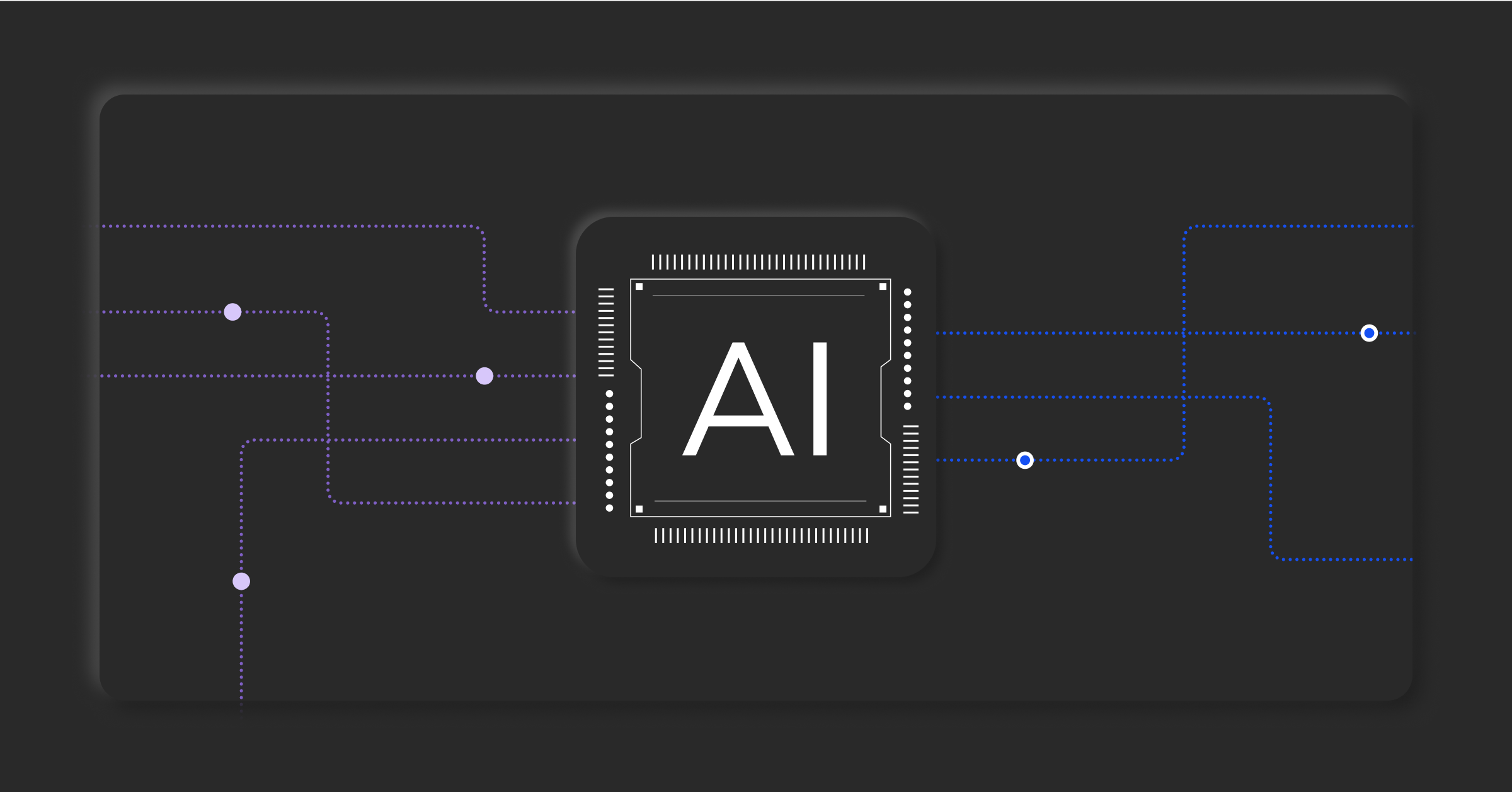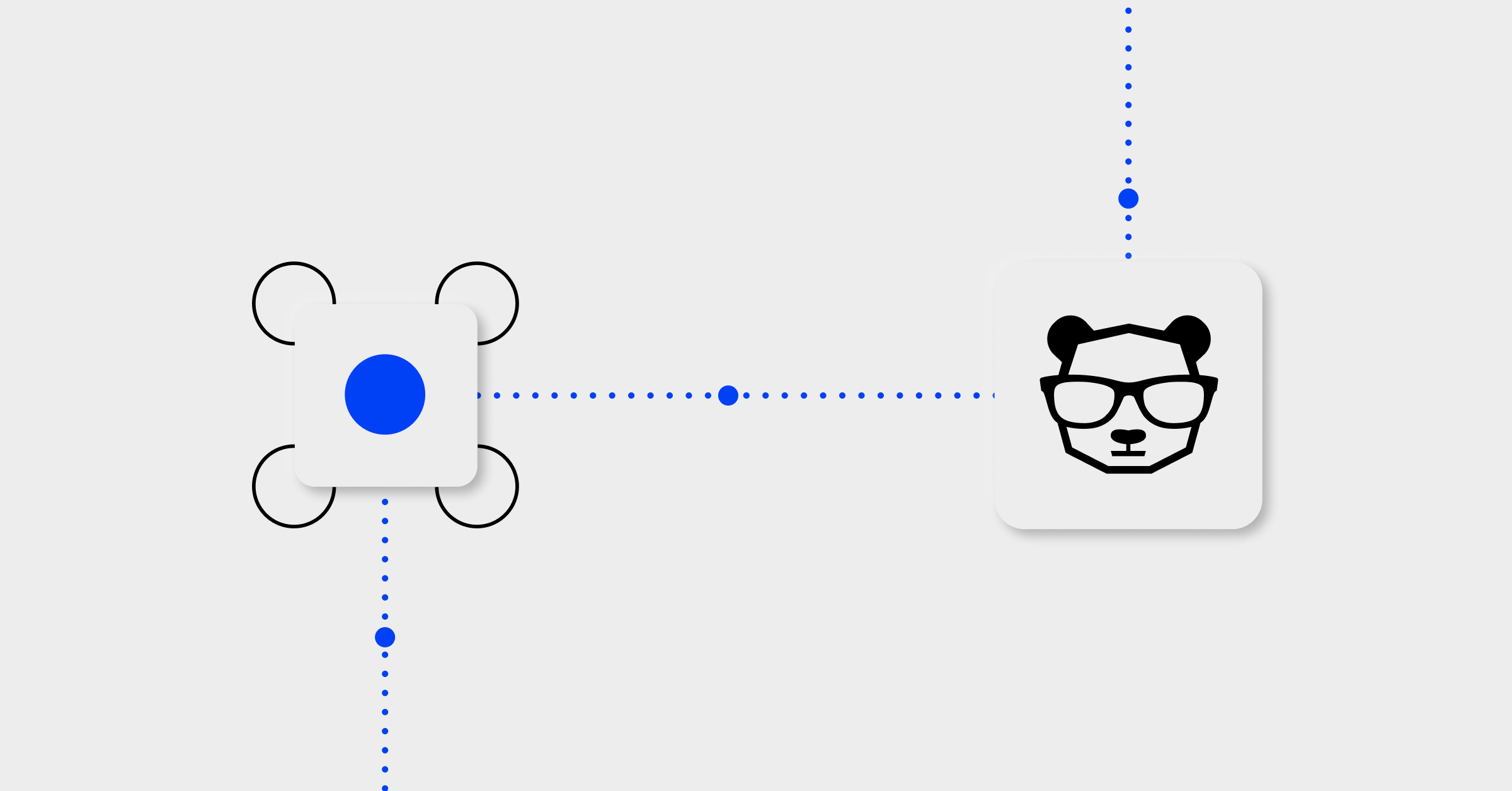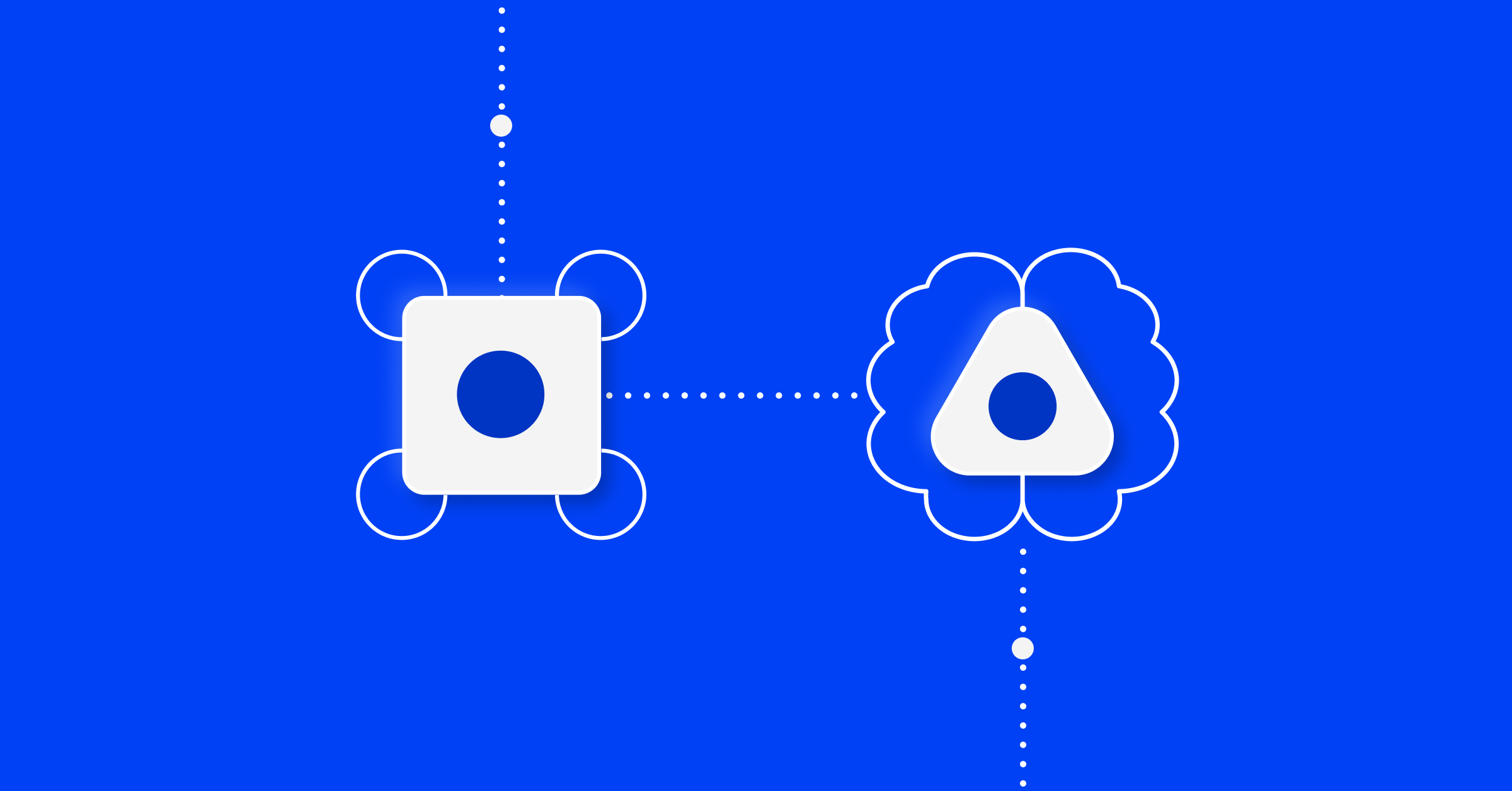What are the benefits of generative AI for IT?

Can generative AI help improve IT efficiency? Imagine you’re part of an IT team constantly juggling a growing number of support tickets, system issues, and daily maintenance tasks. It can feel like you’re always playing catch-up. It’s a common challenge: Repetitive tasks and troubleshooting waste valuable time, leaving little room for innovation or strategic improvements.
Generative AI (GenAI) for IT provides a solution. AI transforms IT operations by automating routine tasks, providing faster resolutions to common issues, and predicting system failures before they happen. No wonder 85% of organizations actively leverage or consider AI across various functional areas.
What is generative AI?
Generative AI is artificial intelligence that creates new content or solutions from existing data. Unlike traditional AI, which follows specific rules or makes predictions based on predefined patterns, generative AI models like ChatGPT can generate entirely new outputs such as text, images, code, or even technical solutions.
Use generative AI to handle IT tasks such as creating scripts, automating workflows, and generating responses for support tickets. By using GenAI to address these tasks, IT teams can solve problems faster and more efficiently.
How is generative AI different from other AI?
The key differentiator of generative AI is its ability to create. While traditional AI models, such as predictive AI or rule-based AI, excel at analyzing inputs, finding patterns, and predicting outcomes, they often need predefined rules or historical data to work from. GenAI goes beyond this by learning from training data and producing new, original content.
For example, predictive AI might use past-performance data to forecast when a server might fail. Generative AI for IT services can proactively create a script or automation to fix the issue before it occurs. This ability to “think ahead” and provide new solutions gives generative AI a unique edge in optimizing IT operations.
Six ways generative AI for IT can improve services
1. Automated ticket categorization and routing
Manually sorting tickets and routing them can be time-consuming. Generative AI analyzes, categorizes, and instantly routes service tickets to the appropriate team. This offers dual benefits. First, it reduces response times and human error. Second, it ensures that complex issues reach the most qualified experts without delay. It’s scalable, so you don’t have to worry about ticket volume, workloads, and staffing.
2. Intelligent alert correlation
Alert fatigue — when teams are overwhelmed by the volume of alerts — is a significant challenge of IT operations. Generative AI reduces alert noise so your IT team doesn’t waste time chasing false alarms. It also filters out trivial issues and flags critical ones that need immediate attention so you can focus on solving problems, not just monitoring to find them.
3. Automated root cause analysis
When something breaks, the first question is often, “What caused this?” Generative AI can analyze large sets of system data and logs and pinpoint the root cause of an incident faster than any human could. This takes the guesswork out of troubleshooting, freeing your IT team to fix problems quickly and move on to higher-priority tasks.
4. Enriched data context
GenAI brings together disparate data sources to provide IT teams with a unified view of incidents. It goes beyond simply identifying IT incidents. For example, generative AI can combine logs, user data, and system information into a single, actionable view. With this complete picture, your IT team can make better, faster decisions.
5. Anomaly detection and explanation
Anomaly detection is one thing, but explaining why they occur is another challenge. Generative AI can spot unusual system behavior and explain why it happened. The added context simplifies the ability of IT teams to resolve issues and prevent them from recurring.
6. Predictive incident detection
Generative AI can predict problems before they escalate by analyzing historical incident data. This insight allows IT teams to reduce downtime and improve overall system reliability. GenAI’s predictive capabilities can detect patterns in system behavior, making it easier to anticipate and mitigate issues in your IT infrastructure.
Benefits of generative AI for ITOps
GenAI’s ability to automate routine operations and provide intelligent insights benefits the efficiency and efficacy of ITOps in several ways.
- Increased efficiency and productivity: Generative AI automates repetitive and time-consuming tasks, such as incident triage, system monitoring, and code generation. This gives IT teams valuable time to focus on more strategic, high-impact work. For example, it can handle thousands of tickets or system alerts in real time, accelerating categorization and routing and improving team productivity.
- Streamlined incident management: AI-powered automation correlates data from various systems, identifying issues early and initiating resolution processes before they escalate. Generative AI for IT incident management helps reduce bottlenecks and minimizes manual effort. Automating root-cause analysis and enriching incident data also reduces reliance on manual diagnostics.
- Faster incident response and resolution: With AI automatically triaging tickets and proactively identifying potential issues, response times significantly improve. Generative AI can predict incidents before they occur, route tickets quickly, and provide solutions based on historical data. This results in faster resolutions and minimized downtime and outages.
- Enhanced decision-making: AI doesn’t just handle routine tasks—it gives IT teams valuable insights based on data. Generative AI models can analyze large amounts of system information and incident reports to provide straightforward suggestions that make it easier for IT teams to decide when to upgrade infrastructure, optimize systems, or take preventive action to avoid future problems.
- Cost reduction: Automating repetitive tasks and optimizing system performance through generative AI technology reduces operational costs. Empowering teams with self-service options and predictive maintenance helps decrease the need for after-hours support, allowing for more efficient IT operations without affecting service quality.
Case study: Autodesk reduced MTTR by 85% with GenAI
Using the BigPanda AI-driven platform, Autodesk consolidated alerts from 25 monitoring tools into meaningful incidents. BigPanda uses GenAI to enrich alerts with context, automate ticket creation, and quickly route tickets to the right teams. The streamlined process reduced incident volume by 69% and mean time to resolution by 85%, significantly improving operational efficiency by minimizing the need for manual intervention and enabling faster response across Autodesk’s IT infrastructure.
Read the full Autodesk Autodesk case study.
Modernize IT services with BigPanda
BigPanda Generative AI can help IT operations by automating key processes, such as alert analysis, incident correlation, and ticket creation. The automation expedites root-cause analysis and reduces escalations to L2/L3 teams. By analyzing systems in real time, AI provides actionable insights so teams can resolve incidents faster and make better decisions. Automating repetitive tasks lightens the manual workload, reduces MTTR, and improves system reliability.
Next steps
Watch the “AIOps 101: Using GenAI to deliver context and remediate faster” on-demand webinar to learn more.



